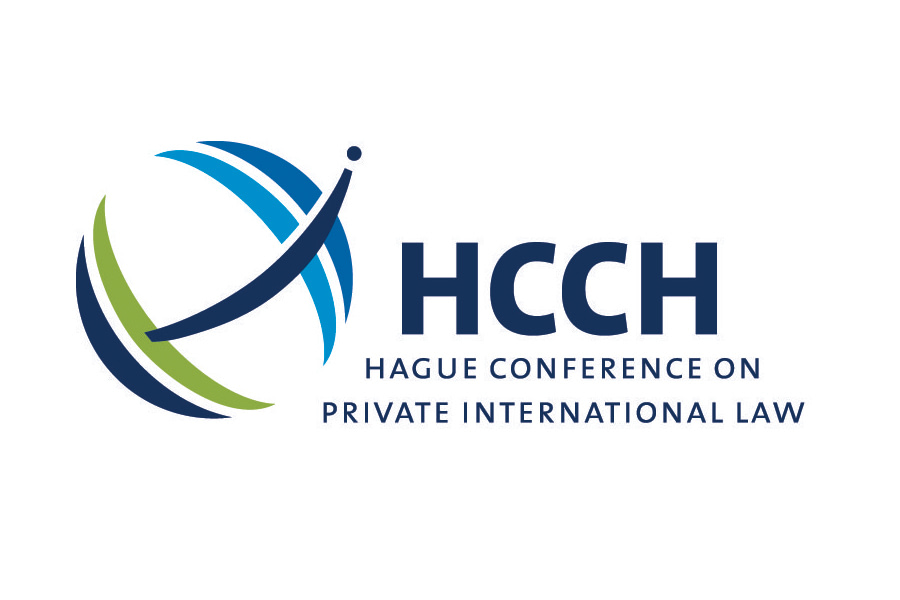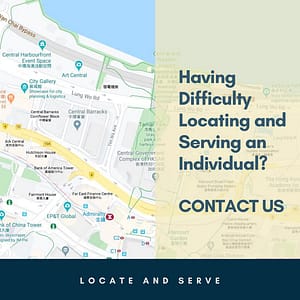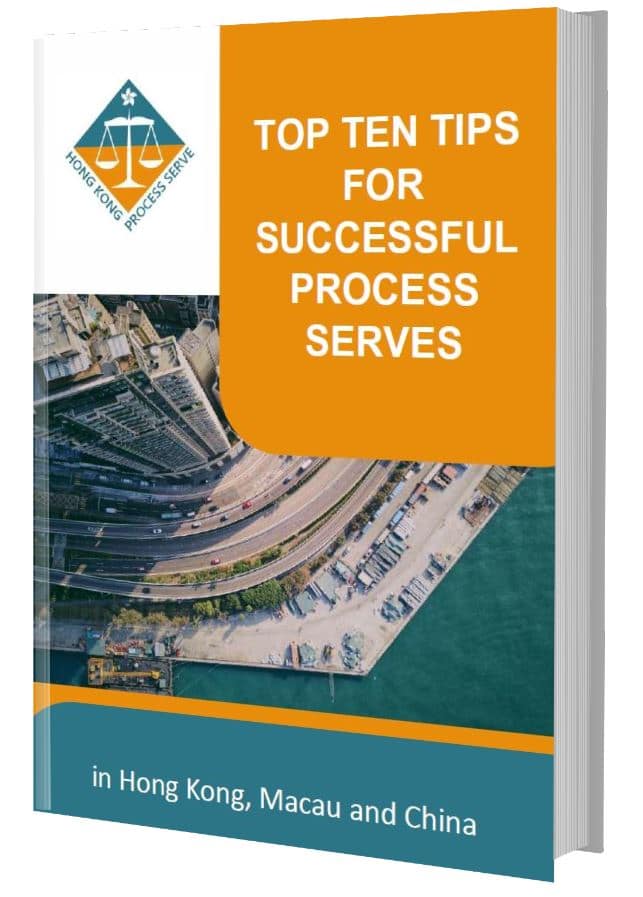What are Hague Convention Serves?
Hague Convention serves are serves conducted in accordance with the Hague Convention: correctly known as The Service Abroad of Judicial and Extrajudicial Documents in Civil or Commercial Matters.
The Service Convention prescribes the channels of transmission to use when transmitting a judicial or extrajudicial document from one State party to the Convention to another State party for service in the latter. As a result, any service carried out under the Hague Service Convention automatically possesses an international character..
Does the Convention specify how to serve documents?
No. The Convention deals mainly with the transmission of documents; it does not address or provide substantive rules relating to the actual service of process.
Is China a party to the Hague Service Convention?
Yes. China, along with Hong Kong and Macau as participating territories under China, is a party to the Convention. Taiwan, however, is not a party.
Worldwide, parties typically complete Hague Convention serves in about two months. In China, the process can take as long as a year for Hague Convention serves.
Can we conduct serves under the Hague Service Convention?
No. HKPS is not a Central Authority and therefore is not competent to serve process under the Hague Convention. In Hong Kong, the Central Authority is the Secretary for Justice of the Hong Kong Special Administrative Region.
What are the requirements?
To apply the Hague Service Convention, you must meet the following requirements:
- a document is to be transmitted from one State party to the Convention to another State party for service in the latter
- an address for the person to be served is known
- the document to be served is a judicial or extrajudicial document, and
- the document to be served relates to a civil or commercial matter
If you meet all these requirements, you must apply the transmission channels provided for under the Convention.
The Central Authority of the requested State will execute or cause the execution of the request for service either:
- by informal delivery to the addressee who accepts it voluntarily, or
- by a method provided for under the law of the requested State, or
- by a particular method requested by the applicant, unless it is incompatible with the law of the requested State.
Do Hague Service Convention papers require translation?
The Central Authority of the requested State has the discretion to request a translation of the documents when necessary, as outlined in Article 5(3) of the Convention, depending on whether they are to be served through a method prescribed by the internal law of the requested State for serving documents in domestic actions on individuals within its territory or if the applicant requests service by a particular method
What are the alternatives to Hague Convention serves?
As an alternative, you can serve the documents through an alternative channel in the foreign country, provided that the country does not formally object (Articles 8, 9, and 10).
Article 10(b) mentions ‘judicial officers, officials, or other competent persons of the State,’ and article 10(c) refers to ‘interested persons.’
The terms ‘judicial officer,’ ‘official,’ ‘competent person,’ and ‘interested person’ are defined under the laws of the destination state, not under the laws of the requesting state.
Is HKPS regarded as a "competent person"?
YES. HKPS is regarded as a “competent person”. The company and has been serving process in Hong Kong, Macau, China and other parts of SE Asia since 2014.







